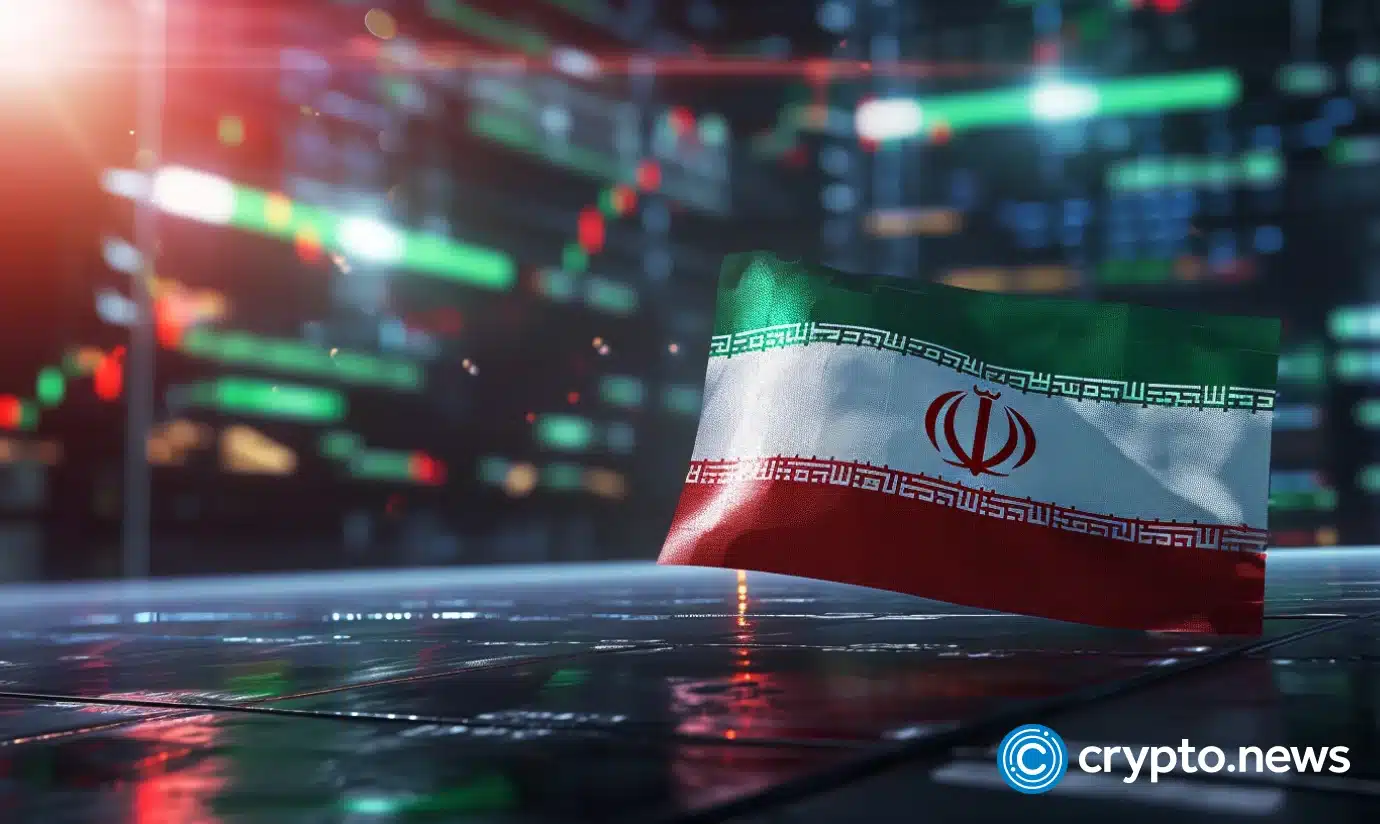Iran Advances Cryptocurrency Adoption to Bypass Sanctions Amid Renewed Global Pressure
Iran is moving ahead with plans to adopt cryptocurrencies for international trade settlements as a strategy to circumvent U.S. and U.N. sanctions. This initiative was highlighted at the deBlock Summit, Iran’s first government-backed international blockchain conference, where officials emphasized the necessity of digital currencies for the country’s sanctions-hit economy.
Renewed Sanctions Trigger Cryptocurrency Focus
The push comes after France, the U.K., and Germany triggered a ‘snapback mechanism’ in August 2025, restoring international sanctions on Tehran. In response, Iranian leadership is positioning cryptocurrency adoption as a critical pathway for maintaining economic viability.
Cryptocurrency as a Sanctions Workaround
Mohammad Bagher Ghalibaf, Speaker of the Iranian Parliament, addressed the deBlock Summit, highlighting digital currencies as fresh avenues for commerce and cross-border payments. “Independent nations can benefit from these new payment methods,” Ghalibaf remarked.
According to a report by The Hindu, the speaker underscored that adopting cryptocurrencies is not optional but essential for Iran’s economic survival. “Settling international transactions in digital currencies isn’t optional for us – it’s required,” he stated.
Collaboration and Foreign Investment Goals
Ghalibaf also announced Parliament’s commitment to collaborating with universities, technology firms, and researchers on blockchain initiatives. He stressed the government’s intent to attract foreign capital into the digital currency sector, aiming to develop a robust crypto ecosystem despite sanctions.
International Responses to Alternative Currency Systems
In a related development, former U.S. President Donald Trump has threatened BRICS member countries with steep tariffs if they pursue an alternative currency system. India’s foreign ministry rejected such concepts in August 2025, emphasizing that abandoning the U.S. dollar “is not part of India’s financial agenda.”
Industry Leaders Highlight Regulatory Challenges
Business leaders attending the deBlock Summit expressed concerns about Iran’s current cryptocurrency regulatory framework, describing it as inadequate. Ehsan Mehdizadeh, CEO of Wallex Iran, the nation’s top crypto exchange, criticized the lack of clarity and transparency in existing rules.
“A country facing sanctions cannot afford to reject innovative financial infrastructure. Yet Iranian regulators still haven’t grasped how blockchain technology functions,” Mehdizadeh argued during a panel discussion.
He noted that Iran’s exclusion from the SWIFT payment system justifies the need for crypto adoption. “Digital assets offer a pathway around payment system restrictions,” he added.
Central Bank Control and Crypto Market Oversight
Iran’s Central Bank currently maintains sole authority over overseeing the crypto market. It has imposed restrictions preventing the conversion of Iranian Rial to cryptocurrencies through local platforms.
While crypto mining operations have received government approval, debates continue regarding energy pricing and subsidies. Shamseddin Hosseini, head of Parliament’s Economic Committee, raised concerns about the fairness of subsidized electricity rates granted to miners compared to residential users.
Looking Ahead
As international sanctions tighten, Iran’s push towards cryptocurrency adoption reflects a broader trend among sanctioned nations exploring blockchain technology to maintain economic engagement globally. How regulatory frameworks evolve and international responses develop will play key roles in shaping Iran’s digital currency future.
https://crypto.news/iran-plans-crypto-strategy-with-brics/
